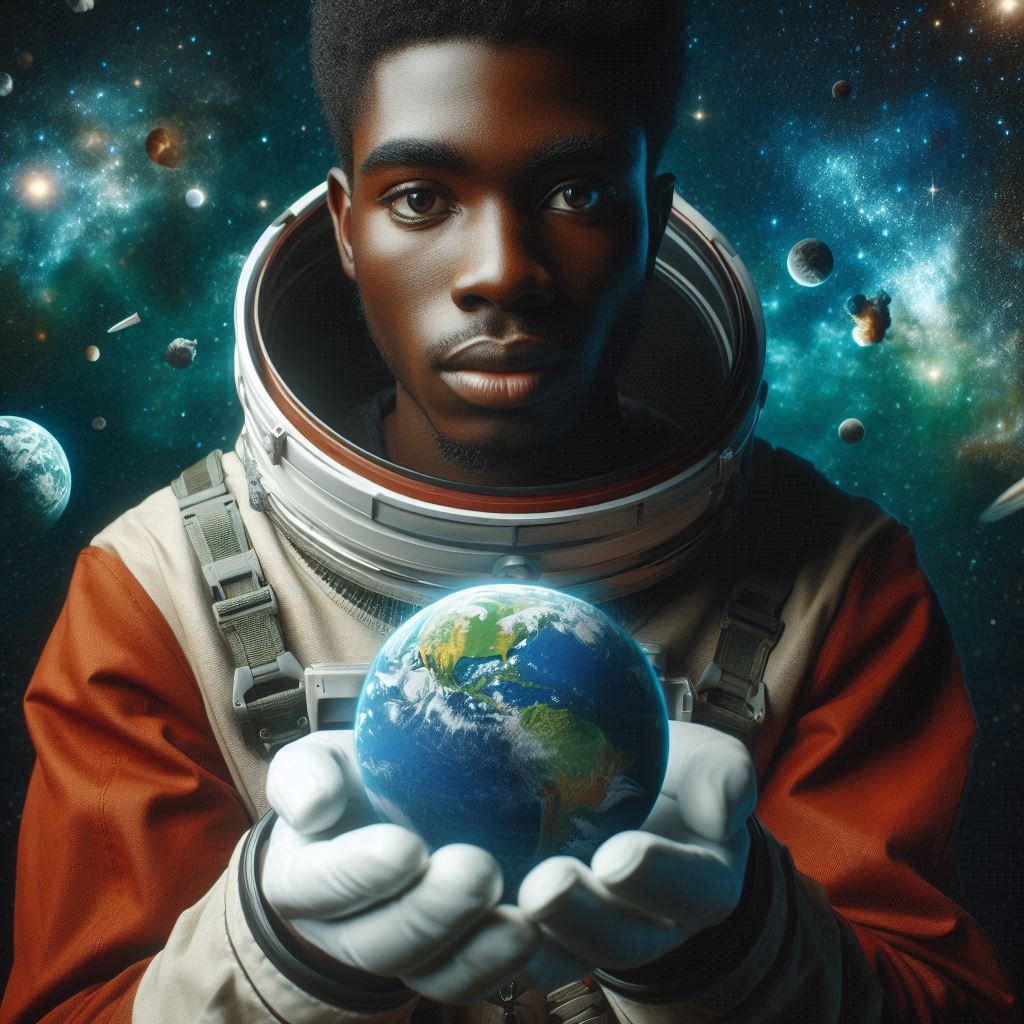Nelson Mandela was no ordinary man. He symbolized hope, courage, and perseverance in the face of oppression and adversity. His life and legacy continue to inspire people around the world, even after his passing.
Mandela’s unwavering commitment to justice, equality, and freedom for all has earned him a place in history as one of the greatest leaders of our time.
In this tribute, we will explore the remarkable journey of this global icon, from his early years as a young activist to his rise as a global figure and revered elder statesman. We will also examine his remarkable achievements, his enduring impact on the world, and the lessons we can learn from his life and legacy.
Nelson Mandela as a Global Icon
Nelson Mandela was South Africa’s first black president and a strong anti-apartheid activist. He is widely regarded as one of the most significant and influential figures of the 20th century. His unwavering commitment to justice, equality, and freedom for all people, regardless of race or ethnicity, earned him a place in history as a global icon.
Furthermore, Mandela’s journey from a young activist fighting against apartheid in South Africa to a revered elder statesman and world leader is a testament to his enduring legacy.
Khulu, as he was popularly called, spent over 27 years in prison for his activism, yet emerged with an unwavering commitment to peaceful reconciliation and a vision for a better world.
Mandela’s impact on the world was felt not only in South Africa but across the globe. He was a leader in the struggle against oppression and injustice, and his advocacy for human rights and social justice inspired people everywhere.
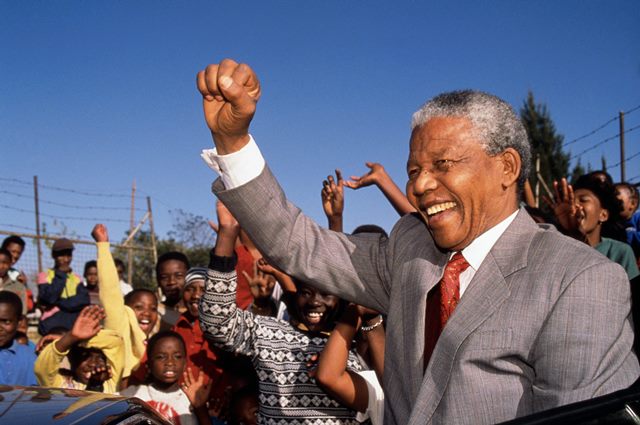
In addition, he used his influence to promote education, health, and economic development. In the long run, his tireless efforts helped end apartheid and establish a new era of democracy and equality in South Africa.
Read: What Happened During Apartheid in South Africa?
Nelson Mandela’s Early Life and Activism
Nelson Mandela’s early life and activism were marked by a deep commitment to social justice and equality. Born on July 18, 1918, in the rural village of Mvezo, Transkei, South Africa, Mandela was the son of a chief of the Thembu tribe.
Despite his privileged upbringing, he was acutely aware of the racial and economic inequalities that existed in South Africa.
Mandela’s early education was at a missionary school, where he excelled as a student and became interested in the ideas of democracy and equality.
He later attended the University of Fort Hare, the only university in South Africa for black students at the time, where he studied law and became involved in student activism.
In 1944, Mandela joined the African National Congress (ANC), a political party that fought against apartheid. This was the system of racial segregation and discrimination that was enforced by the South African government. Mandela quickly rose through the ranks of the party and became one of its most prominent leaders.
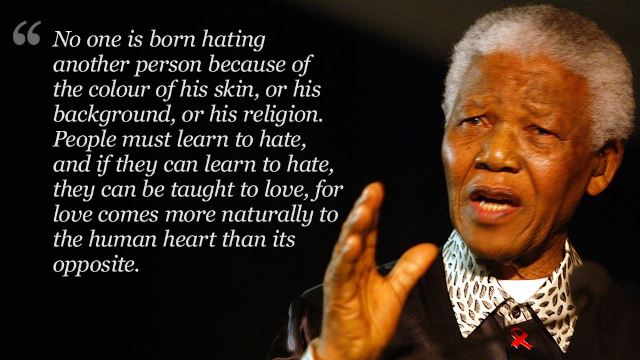
Activism
As an activist, Mandela was committed to nonviolent resistance and civil disobedience. He believed in the power of peaceful protest to bring about change, and he worked tirelessly to organize demonstrations and strikes against apartheid policies.
In 1952, he was chosen to lead the ANC’s Campaign for the Defiance of Unjust Laws, a movement that sought to challenge discriminatory laws by openly defying them.
However, the South African government banned the ANC and other anti-apartheid organizations in 1960. So, Mandela went underground to continue his activism. He was eventually arrested and charged with treason. In 1964, he was sentenced to life in prison.
During his time in prison, Mandela continued to be a symbol of resistance against apartheid. He became a global icon of the struggle for human rights and social justice, and his imprisonment only strengthened his resolve.
Mandela’s early life and activism shaped his worldview and his commitment to the struggle against apartheid. He believed that all people, regardless of their race or ethnicity, deserved to be treated with dignity and respect. His non-violent approach to activism, coupled with his tireless dedication to the cause, helped end apartheid and establish a new era of democracy and equality in South Africa.
Nelson Mandela – Ascent to Respected Statesman
We Design & Develop Websites, Android & iOS Apps
Looking to transform your digital presence? We specialize in creating stunning websites and powerful mobile apps for Android and iOS. Let us bring your vision to life with innovative, tailored solutions!
Get Started TodayNelson Mandela’s rise as a global statesman was a testament to his dedication to social justice. After spending over 27 years in prison for his activism, he emerged as a leader after his people’s hearts. He was a beacon of hope for people worldwide.
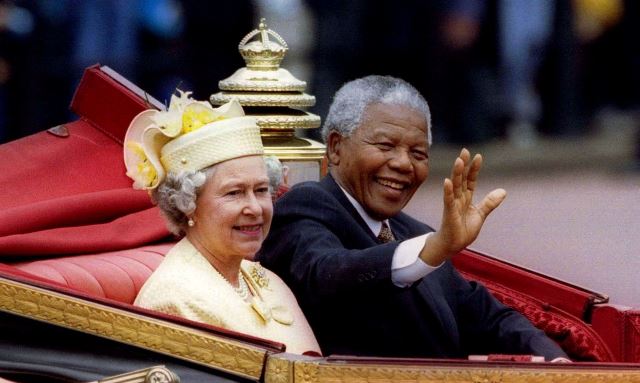
Above all, his release from prison in 1990 was a turning point in the struggle against apartheid. He immediately began negotiations with the South African government to end apartheid and establish a democratic government. Mandela’s leadership in these negotiations helped to secure a peaceful transition to democracy.
In 1994, Mandela was subsequently elected as South Africa’s first black president. It was a historic moment that marked the end of apartheid and the beginning of a new era of democracy and equality. As president, Mandela promoted reconciliation and peace-building, establishing the Truth and Reconciliation Commission. This body addressed the human rights violations committed during the apartheid era.
Mandela’s impact was not limited to South Africa. He became a global advocate for human rights and social justice. He traveled the world to promote his message of reconciliation and nonviolence.
Additionally, Nelson Mandela used his influence to support the anti-oppressive movements in other countries and played a key role in establishing the International Criminal Court. All of these aim to hold individuals accountable for war crimes and crimes against humanity.
Another recognition that sealed Mandela’s stature came in 1993. He was awarded the Nobel Peace Prize for his efforts to end apartheid and promote reconciliation. After that, he received many other honors and awards for his work. This includes the Presidential Medal of Freedom, the highest civilian award in the United States.
Read: The Top 10 Most Influential African Leaders
Nelson Mandela’s Achievements and Impact
One of Mandela’s greatest achievements was his role in ending apartheid in South Africa. His leadership in negotiating a peaceful transition to democracy helped to prevent a civil war. Most importantly, it paved the way for the establishment of a new, inclusive, and democratic government.
Mandela’s vision of a multiracial, democratic South Africa inspired people worldwide. And it helped to end the country’s long history of racial segregation and discrimination.
His impact on South Africa went beyond just political change. He was committed to addressing the social and economic inequalities that had been perpetuated by apartheid. Mandela established programs to improve education, healthcare, and housing for all South Africans, regardless of their race or ethnicity. He also worked to promote reconciliation and forgiveness through the Truth and Reconciliation Commission.
Mandela’s achievements and impact are perhaps best summarized in his own words:
“I have fought against white domination, and I have fought against black domination. I have cherished the ideal of a democratic and free society in which all persons live together in harmony and with equal opportunities. It is an ideal which I hope to live for and to achieve. But if needs be, it is an ideal for which I am prepared to die.”
Nelson Mandela
Khulu’s life and legacy are a powerful reminder of the importance of fighting for justice and equality, and his impact on the world will continue to be felt for generations to come.
Lessons Learned from Nelson Mandela
Nelson Mandela’s life and legacy certainly offer valuable lessons for everyone. Here are some of the key lessons that can be learned from his life:
The Importance of Perseverance and Resilience
Firstly, Mandela’s long struggle against apartheid is a testament to the power of perseverance and resilience. Despite facing numerous setbacks and challenges, he never gave up on his quest for justice and equality. Secondly, his unwavering commitment to his cause, even in the face of great adversity, inspired others to join the struggle and help to end apartheid.
The Power of Forgiveness and Reconciliation
Mandela’s leadership in promoting reconciliation and forgiveness after the end of apartheid was crucial in the establishment of a new era of democracy and equality in South Africa. Moreover, his willingness to forgive his oppressors and work towards reconciliation helped to heal the wounds of the past and build a more just and peaceful society.
The Importance of Moral Leadership
Many current African leaders can take a leaf out of Nelson Mandela’s leadership style. For instance, his leadership was grounded in his unwavering commitment to his principles and values. He was guided by a strong moral compass and believed in leading by example. His leadership style, characterized by humility, empathy, and a deep sense of purpose, inspired others to follow his lead.
We Design & Develop Websites, Android & iOS Apps
Looking to transform your digital presence? We specialize in creating stunning websites and powerful mobile apps for Android and iOS. Let us bring your vision to life with innovative, tailored solutions!
Get Started TodayThe Power of Education and Lifelong Learning
Mandela was a lifelong learner and believer in the power of education to transform lives. He understood that education was a key to unlocking opportunities and breaking the cycle of poverty and inequality.
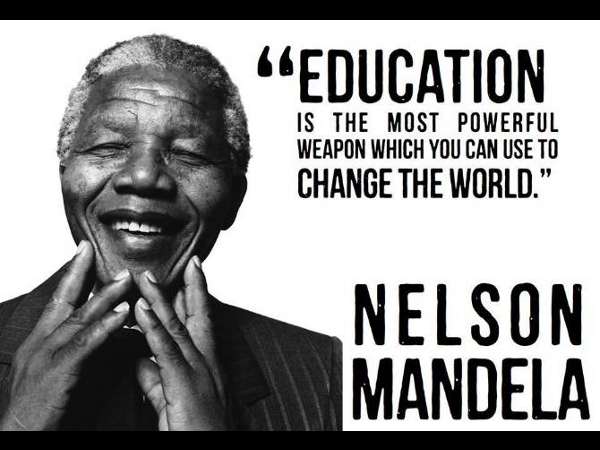
So, he encouraged others to pursue education and use their knowledge to positively impact the world.
The Importance of Unity and Collaboration
Lastly, Mandela understood that achieving social justice and equality required the collaboration and unity of people from all walks of life. This pushed him to work tirelessly to build coalitions and bring together diverse groups of people to work towards a common goal. Likewise, his ability to unite people across racial, ethnic, and political divides was a key factor in the success of the anti-apartheid movement.
Before you go…
Hey, thank you for reading this blog to the end. I hope it was helpful. Let me tell you a little bit about Nicholas Idoko Technologies. We help businesses and companies build an online presence by developing web, mobile, desktop, and blockchain applications.
We also help aspiring software developers and programmers learn the skills they need to have a successful career. Take your first step to becoming a programming boss by joining our Learn To Code academy today!
Be sure to contact us if you need more information or have any questions! We are readily available.
Put Your Tech Company on the Map!
Get featured on Nicholas Idoko’s Blog for just $200. Showcase your business, boost credibility, and reach a growing audience eager for tech solutions.
Publish Now









